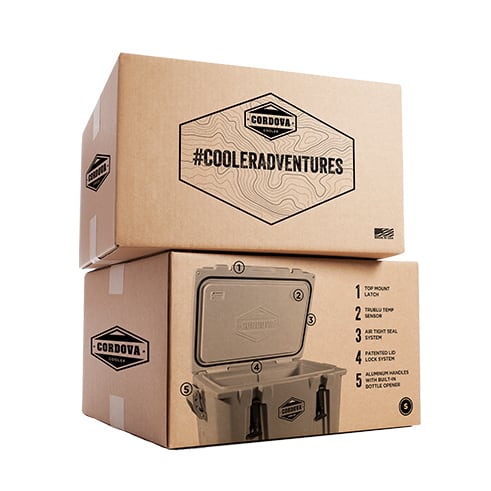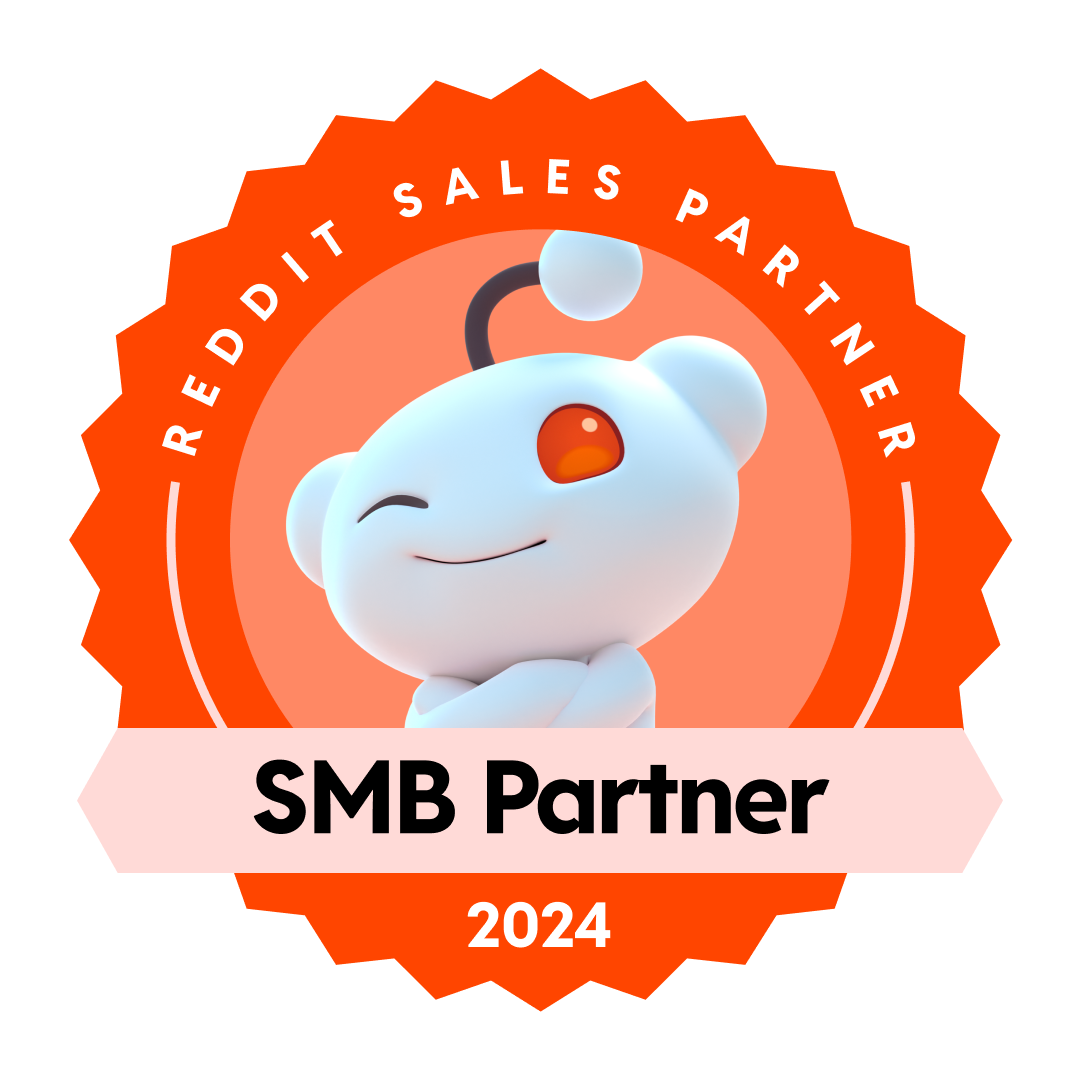Navigating the Digital Marketplace Landscape: The Evolution of E-Commerce
September 27, 2023
In the fast-paced world of business, one thing has become abundantly clear: the digital marketplace is not just the future; it’s the present. The rise of e-commerce has transformed the way businesses operate and connect with their customers. As a result, companies are increasingly seeking the expertise of marketing agencies to help them navigate this ever-evolving landscape.
The E-Commerce Revolution
E-commerce, short for electronic commerce, refers to the buying and selling of goods and services online. While the concept of e-commerce has been around since the early 1970s, it wasn’t until the 1990s that it began to gain significant traction. The launch of Amazon in 1994 and eBay in 1995 marked the beginning of a revolution that would forever change the way people shop and businesses operate.
The Early Days
In the early days of e-commerce, websites were rudimentary, and online shopping experiences were far from seamless. However, the convenience of shopping from the comfort of one’s home quickly caught on. As more businesses began to establish an online presence, competition grew, and companies realized the need to differentiate themselves in the digital marketplace.
The Rise of Mobile Commerce
The proliferation of smartphones in the 2000s brought about a new phase in the evolution of e-commerce: mobile commerce or m-commerce. With the advent of mobile apps and responsive web design, consumers could shop on their mobile devices with ease. This shift presented new challenges and opportunities for businesses and required a more mobile-centric approach to e-commerce.
The Era of Personalization
As e-commerce continued to evolve, data became a crucial asset for businesses. The ability to collect and analyze customer data allowed companies to personalize their marketing efforts and offer tailored shopping experiences. This personalization not only improved customer satisfaction but also boosted sales and customer retention rates.
The Current E-Commerce Landscape
Today, the e-commerce landscape is more competitive and dynamic than ever before. With the global COVID-19 pandemic accelerating the shift towards online shopping, businesses have had to adapt quickly to meet the changing demands of consumers. Here are some key trends shaping the current e-commerce landscape:
- The Dominance of Amazon: Amazon has solidified its position as the e-commerce giant, capturing a significant share of online retail sales. Many businesses are now exploring ways to leverage Amazon’s vast customer base and fulfillment network to reach a broader audience.
- Social Commerce: Social media platforms have become an integral part of the e-commerce ecosystem. With features like shoppable posts and in-app checkout, businesses are using social media to connect with customers and drive sales directly from these platforms.
- Subscription Models: Subscription-based e-commerce models have gained popularity, offering consumers convenience and businesses recurring revenue. From subscription boxes to streaming services, companies are finding creative ways to engage customers on an ongoing basis.
- Augmented Reality (AR) and Virtual Reality (VR): AR and VR technologies are being harnessed to enhance the online shopping experience. Customers can virtually try on clothing, visualize furniture in their homes, or explore products in immersive environments, reducing purchase uncertainty.
- Sustainability and Ethical Shopping: Consumers are increasingly conscious of the environmental and ethical impact of their purchases. Businesses that prioritize sustainability and transparency are gaining favor among socially conscious shoppers.
The Role of Marketing Agencies in Navigating E-Commerce
Given the complexity and competitiveness of the current e-commerce landscape, businesses are turning to marketing agencies for guidance and support. Here’s how Commit Agency and similar agencies can help your business thrive in this digital marketplace:
- Strategic Planning: A marketing agency like Commit Agency can work with your business to develop a comprehensive e-commerce strategy. This includes identifying your target audience, understanding market trends, and creating a tailored plan to achieve your goals. A well-crafted strategy is essential for staying competitive in the ever-changing e-commerce landscape.
- Website Design and Optimization: Your website is your digital storefront, and it needs to be visually appealing, user-friendly, and optimized for conversions. Marketing agencies specialize in web design and can ensure that your online presence aligns with your brand and provides an exceptional shopping experience.
- Content Marketing: Content is king in the digital world. Marketing agencies can create compelling and informative content that resonates with your target audience. This includes blog posts, product descriptions, videos, and more. Quality content not only attracts potential customers but also helps with SEO and brand authority.
- Social Media Marketing: With the rise of social commerce, a strong social media presence is essential for e-commerce success. Marketing agencies can create and execute social media strategies that engage your audience, drive traffic to your website, and ultimately increase sales.
- Search Engine Optimization (SEO): Being found on search engines is critical for e-commerce businesses. Marketing agencies have SEO experts who can optimize your website for search engines, helping you rank higher in search results and attract organic traffic.
- Paid Advertising: Whether it’s pay-per-click (PPC) advertising, display ads, or social media ads, marketing agencies have the expertise to manage and optimize your paid advertising campaigns. This ensures that you get the best return on investment (ROI) for your advertising spend.
- Data Analytics and Insights: Collecting and analyzing data is key to making informed decisions in e-commerce. Marketing agencies have the tools and expertise to track and analyze customer behavior, allowing you to fine-tune your marketing strategies for maximum effectiveness.
- E-commerce Platforms and Technology: Selecting the right e-commerce platform and technology stack is crucial. Marketing agencies can help you choose the right tools and technologies that align with your business goals and budget.
The evolution of e-commerce has brought about significant changes in the way businesses operate and connect with customers. To thrive in the current digital marketplace landscape, businesses need a strategic approach and expert guidance.
WE’RE THAT AGENCY
Partnering with a marketing agency can be a transformative step for your brand. If you’re looking for a digital marketing partner to assist your team with voice search marketing and more, contact us today! Commit Agency is a full-service advertising agency located in the Phoenix, Ariz., metro area that believes thoughtfully designed consumer interactions informed by a well-defined brand create moments worth remembering and sharing.




























